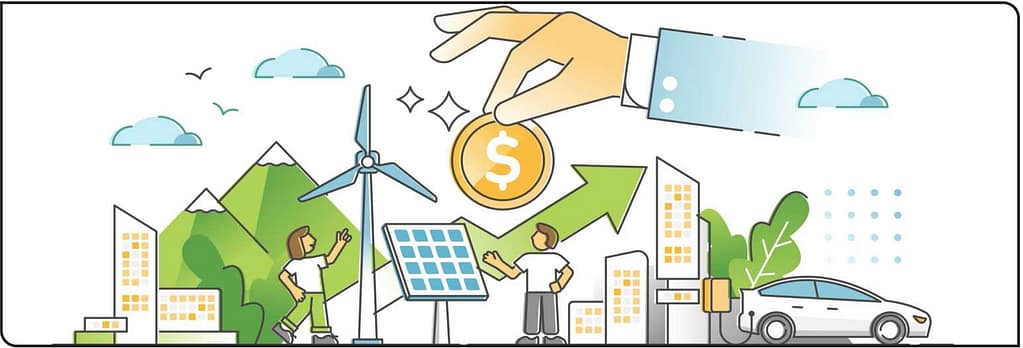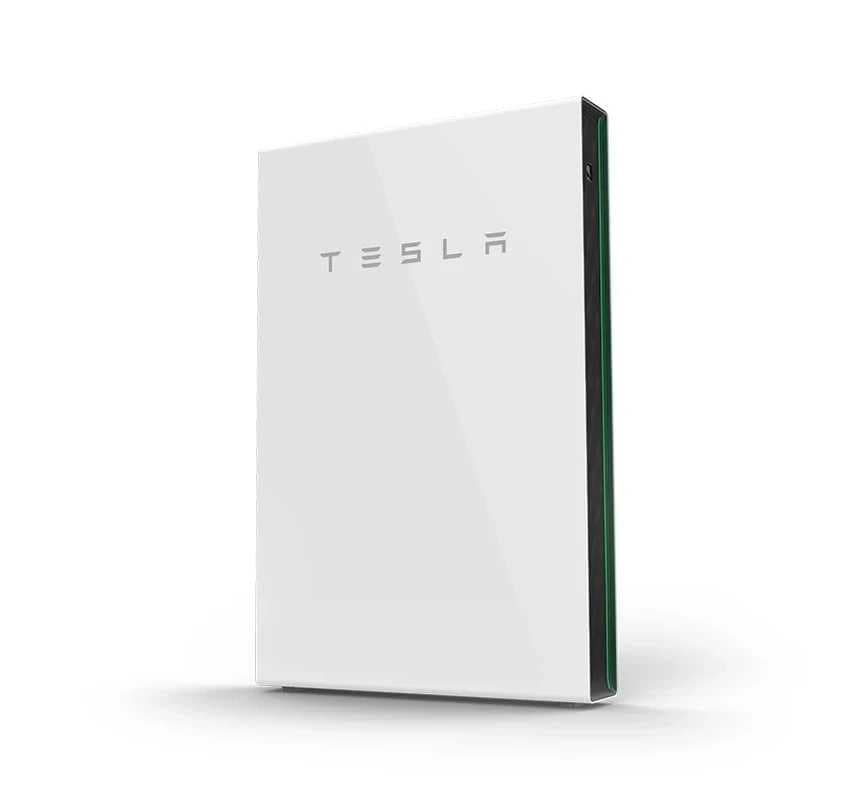The US IRA (Inflation Reduction Act of 2022) provides diverse sustainable financial benefits through federal tax credit incentives it offers to those who invest in home energy efficiency improvements. Purchasing home energy upgrades and services with new modern electrification technologies now qualifies for a 30% federal tax credit that can be claimed on an individual’s US annual income tax return. This is a major beneficial impact for those looking to become energy independent and sustainable by making it more affordable through the federal tax incentive.

Rebate VS Tax Credit
The IRA tax credit is not to be mistaken or misrepresented as a “rebate” on solar-battery installations, and other energy efficiency upgrades or services. A retail consumer rebate is more of a cashback or discount incentive that is paid to the purchaser shortly after the purchase and installation of a completed project. Rebates are typically contingent on meeting certain project or product parameters in order to qualify for a payout. Not all rebates will apply and are usually limited depending on the area and details of the signed contract.

Receive A $500 Rebate for Your Powerwall!
As of June 15th 2023, Tesla is offering a $500 rebate for Powerwalls installed between 6/15/23 to 10/31/23. However, Powerwalls must be purchased and installed by a Tesla certified installer in order to qualify. This is a great opportunity for those looking to save more on energy security. This rebate can be claimed immediately by fulling the requirements from Tesla after installation.

Income Tax Requirements
Currently, you can claim the credit on your annual US income tax returns without any income cap. Those with higher tax liabilities will equally benefit from the IRA 2022 tax incentives. The 30% tax credit benefits to all US taxpayers regardless of total household income. Reducing annual income tax payments lets you save more money, which can then offset the overall project cost. The 30% tax credit ensures shorter ROI times on solar-battery projects. Other long-term benefits outside of the IRA, are that investments and implementation of modern electrification technologies brings higher economic appraisal value to the infrastructure being improved.

Time Limits on Claiming Credits
The IRA 30% tax credit is available until 2032 and applies to a variety of energy improvement products and services. After 2032, the credit will decrease to 26% for 2033 and 22% for 2034, on projects completed during those times. You can only claim credits for projects completed within the calendar year. Meaning, this generally applies to that year’s reported income tax liability. Consult with a CPA for more details.

Another great attribute of the IRA 2022, is that now it covers more energy improvement technologies than were previously qualified. Whole-home battery backup systems and complete solar smart microgrid systems fully qualify for IRA tax credits. This makes modern electrification technologies upgrades more cost-effective for consumers. For instance, home electric panel upgrades such as the SPAN smart panel, can be claimed for the 30% tax credit, and will incur more tax savings when installed with a complete Tesla Powerwall or FranklinWH battery system.
Contact a Solar Professional to find out more on how solar-battery systems can save money on electric utility cost, and how the IRA’s 30% tax credit can apply.
*It’s important to consult with a professional tax adviser or CPA to properly understand how to claim federal tax credits when filing an individual’s annual US income tax returns.*
Fact checked by Jacob Petrosky – 4/26/2024
